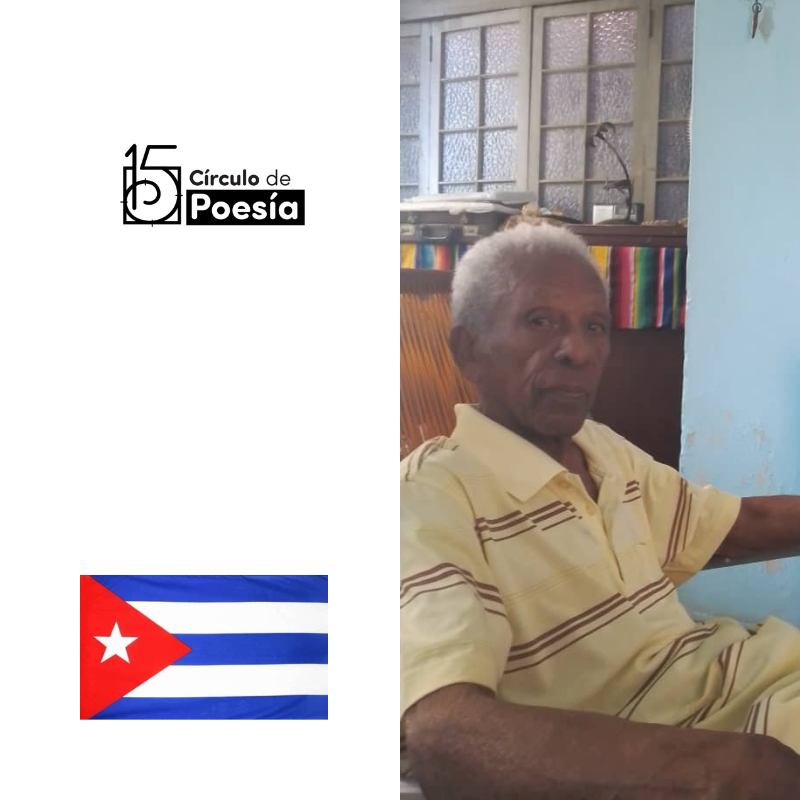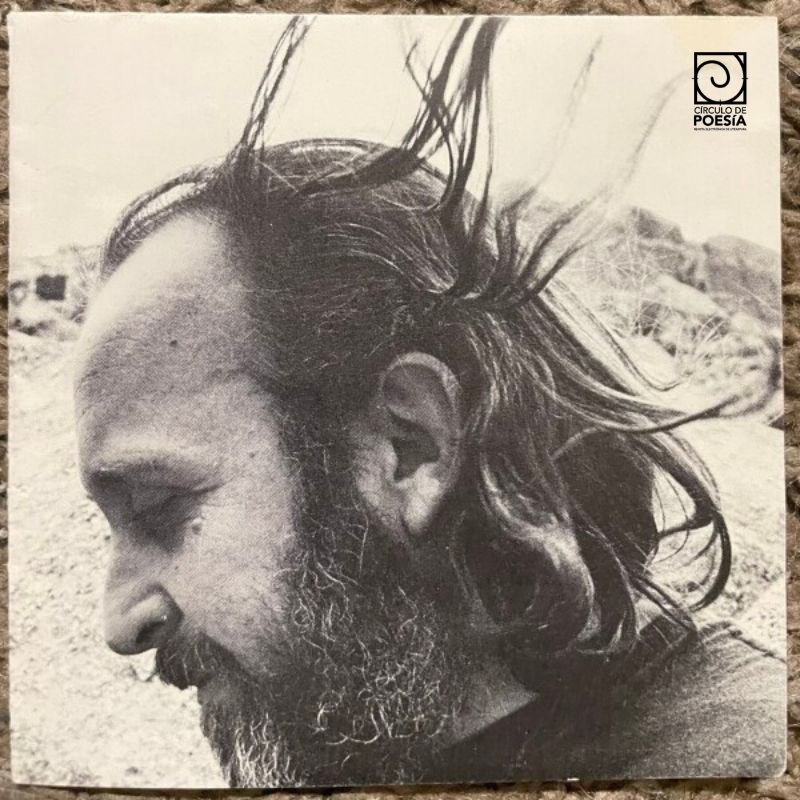Presentamos, en versión de Moisés Villavicencio, un poema de Neeli Cherkovski (Santa Mónica, California, 1945) que trata el tema de los feminicidios en Ciudad Juárez. Cherkovski inició su labor como poeta en los años 90 en la cosa oeste, específicamente en San Francisco. Su último poemario es From the Canyon Outward. Fue amigo de varios poeta de la beat generation.
LAS MUJERES DE CIUDAD JUÁREZ
Nota y versión de Moisés Villavicencio Barras
Neeli Cherkovski nació en 1945 en Santa Mónica, California. Figura literaria de la costa oeste norteamericana, fue el realizador del primer Festival de Poesía de San Francisco, ciudad donde radica desde 1975. Su trabajo poético comprende una decena de libros entre los que se encuentran Animal, Elegía por Bob Kaufman, Inclinado contra el tiempo (por el que recibió el galardón literario Josephine Miles en 2005) y Fronteras rotas (Generación, Universidad de Guadalajara, New College of California, 2005) edición bilingüe, primer libro suyo publicado en México.
Cherkovski mantiene una complicidad existencial y creativa con los poetas de la generación Beat manifiesta en sus biografías sobre Charles Bukowski y Lawrence Ferlinghetti, y en su colección de ensayos Los hijos salvajes de Whitman sobre doce poetas cercanos a él: Michael McClure, Charles Bukowski, John Wieners, James Broughton, Philip Lamantia, Bob Kaufman, Allen Ginsberg, William Everson, Gregory Corso, Harold Norse, Jack Micheline y Lawrence Ferlinghetti.
Profesor de literatura y filosofía en el New College of California, actualmente concluye otro volumen de poesía y trabaja en sus memorias Entre otros: la vida de un poeta.
THE WOMEN OF CIUDAD JUAREZ
she draws a sun dog out of the sky
followed by a jaguar,
tell me how far away
are the dreams, how near at hand
trucks wheezing across the land
carrying oil from rich fields,
and tell me as you jump
about the women, but talk with a soft tremor
on sidewalks bathed in blood,
and pay homage to the labor
of those who love the rain
I come to you out of a crowd,
ancient lady, so far
away, yet so close by, I touch
your lips while a scorching noon
leaves us dizzy, tell me, always, how
did they bring you down? what words
fell from their mouths?
talk to the men who run the sugar processing
plants, the ones who own condominiums in high
mountain places faraway, and how near
are the rabid corners, how near women
alone in the streetlights, alive on the death-star,
alone in the house of lamps, speak into the microphone
and be quick, soothe the men
with your words, drink their mescal, eat their food
and let them argue about the ups and downs
of democracy, leave them to their stipends, give them
room to think, save the women for the dream
that tightens just before the distances glow and
grow near, talk to him, whisper in his ear, where is
Rosa now? who took Maria now? when will
the pottery lady return?
Carla, this is my new one, I wrote it this
morning so you might hear my words
in your mountain city surrounded by
condors, so I might whisper
the words, and be not quite appropriate,
the wistful dreams of those women who are
gone, the lost balladeer and the one
who walked to the abyss in her own, late
at night, surrounded by stars
what assassins appear in the name
of the dog, the cat? “justice for the
murdered women” is nailed to the post
at the end of a road leading
to the unforgiving, how many
must die? what is a border?
whose shade crosses the drawn blinds
of the town? I imagine a street of shopkeepers
opening their stalls, we sell Indian blankets
and the choked up emotions of a republic
pecked by the beak of the eagle, STOP THE
VIOLENCE AGAINST THE WOMEN and come
out of your torment, find the perpetrators
who raise their hands against your daughters, your
mothers, your sisters, your shadows, the bodies
wrapped in your bodies
give me a laurel wreath to place
on the steps of the library, I came here
and gave them a song, really, I am gone now, I
am dressed in a blouse and I wear beads
and have applied lipstick and rouge,
I am not of you. they come
to kill you, they are so far away and so
near at hand, they hide in their colonias,
they hire guards for the children,
they step over your broken bones,
what do they sing? they sing
of the empty sierra and
the dry arroyos, and sleep soundly
through the night
LAS MUJERES DE CIUDAD JUAREZ
ella saca un sol perro del cielo
seguido por un jaguar,
dime qué tan lejos
están los sueños, qué tan al alcance de las manos
camiones jadeando por los caminos
cargando petróleo desde terrenos abundantes
y dime al mismo tiempo que saltas
acerca de las mujeres, pero habla con un sueve temblor
en las banquetas llenas de sangre
y rinde homenaje al trabajo
de aquellos que aman la lluvia
Vengo hacia tí desde la multitud
mujer ancestral, desde muy lejos
pero al mismo tiempo tan cerca
Toco tus labios mientras el medio día
nos deja mareados, dime, siempre, ¿Cómo
te derribaron? ¿Qué palabras cayeron de sus bocas?
habla con los hombres que manejan las plantas de azúcar
los que son dueños de condominios
en las colinas de lugares lejanos , y qué tan cerca estan
las esquinas rabiosas, ¿qué tan cerca están las mujeres
solas bajo la luz de la calle? vivas en la estrella muerta,
solas en la casa de las lámparas,
habla en el micrófono, se veloz, calma a los hombres
con tus palabras, bebe su mezcal, come sus platillos,
y dejalos discutir acerca de las altas y bajas de la democracia,
dejalos a sus salarios, concedeles el tiempo para pensar,
guarda a las mujeres para el sueño que aprieta antes de que las distancias brillen
y crezcan cerca, habla con él, murmura en su oido,¿dónde esta Rosa?
¿Quién se llevó a María?
¿Cuándo regresará la mujer que trabaja el barro?
Carla este es mi poema nuevo, lo escribí esta mañana
para que tú tal vez escuches mis palabras
en tu ciudad montañosa rodeada de condores,
tal vez debo murmurar las palabras, aunque no sea apropiado,
los sueños tristes de las mujeres que ya no están,
la baladista perdida y aquellas que caminan hacia el abismo solas
rodeadas de estrellas
¿Qué tipo de asesinos arcaicos aparecen
en nombre del perro y el gato?
“justicia para las mujeres asesinadas”
dice un papel clavado en el poste
al final del camino que lleva a lo implacable,
¿Cuántas más tienen que desaparecer?
¿Qué es una frontera?
¿De quién esa sombra que cruza las persianas
cerradas del pueblo?Imagino una calle de comerciantes
abriendo sus negocios, vendemos sábanas de la India
y el ahorcamiento de las emociones de una república
picoteada por el águila, DETENGAN LA VIOLENCIA
ENCONTRA DE LAS MUJERES y sal de tu martirio,
encuentra a los perpetradores
que alzan sus manos encontra de tus hijas,
las madres, tus hermanas, tus sombras
y los cuerpos envueltos en tus cuerpos
dame una corona de laureles para ponerla
en las escaleras de la biblioteca, vine aquí y les entregué
una canción, realmente, ahora ya no estoy,
visto una blusa y collares,
llevo lápiz labial y maquillaje,
no soy tuyo
ellos vienen a matarte, están
tan lejos y tan cerca, ellos se esconden en sus colonias,
contratan guardias para sus hijos,
ellos pisan tus huesos rotos,
golpean con sus pies tus ojos
¿qué canción es la que ellos cantan?
ellos cantan sobre la sierra y
los arroyos secos, y duermen
de manera profunda toda la noche.




